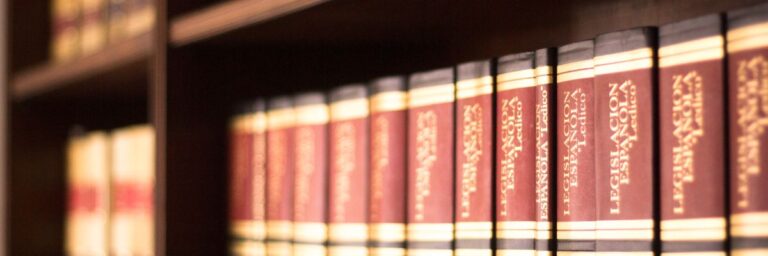Renting a property is a common occurrence for millions of Canadians. Whether it’s a cozy apartment in the heart of a bustling city or a suburban house, understanding the rights and responsibilities of both landlords and tenants is crucial for a smooth and harmonious rental experience. In Canada, the rights of both parties are protected under specific laws and regulations that vary from province to province. In this article, we will delve into the key aspects of landlord-tenant rights under Canadian law, highlighting the fundamental rights and obligations that shape this important relationship.
Rental Agreements and Lease Terms
The first step in any tenancy is the establishment of a rental agreement or lease. A rental agreement outlines the terms and conditions of the tenancy, including rent amount, payment schedule, lease duration, and responsibilities of both parties. Lease terms can vary, with some agreements being month-to-month and others fixed-term.
Landlords must provide tenants with a written lease that clearly states the terms of the tenancy. Similarly, tenants should review the lease carefully before signing, ensuring they understand their rights and obligations. It’s important to note that lease terms cannot override or diminish the rights granted to tenants under provincial residential tenancy legislation.
Rent Control and Security Deposits
Rent control is an important aspect of tenant rights in some provinces. It ensures that landlords cannot arbitrarily increase rent prices beyond a certain limit. Rent control regulations vary by province, and tenants should be aware of the specific guidelines in their area.
Landlords may also request a security deposit from tenants as a form of protection against potential damages or unpaid rent. In most provinces, security deposits cannot exceed a certain amount, and landlords are required to provide a written receipt and return the deposit within a specified time frame after the tenancy ends, minus any legitimate deductions.
Maintenance and Repairs
Maintaining a safe and habitable living environment is a shared responsibility between landlords and tenants. Landlords are generally responsible for ensuring that the property meets health and safety standards, including providing essential services such as heat, water, and electricity. Tenants, on the other hand, are responsible for reporting any maintenance issues promptly and taking reasonable care of the property.
In the event of necessary repairs, tenants should notify the landlord in writing, giving them a reasonable amount of time to address the issue. If the landlord fails to make the required repairs, tenants may have the right to withhold rent or pursue legal action, depending on the specific circumstances and provincial legislation.
Privacy and Entry Rights
Both landlords and tenants have rights when it comes to privacy and entry into the rental property. Generally, landlords must provide reasonable notice, usually 24 hours in advance, before entering a rental unit. Exceptions may occur in emergency situations that require immediate attention.
Tenants have the right to privacy and should not be subjected to unwarranted intrusion by the landlord. Similarly, landlords should respect tenants’ privacy and only enter the premises for valid reasons, such as repairs or inspections.
Eviction and Termination
Eviction is a serious matter that must follow strict legal procedures. In Canada, each province has its own rules and regulations regarding eviction, and landlords must adhere to these guidelines. Valid reasons for eviction may include non-payment of rent, serious property damage, or breaching the terms of the lease.
Tenants are also protected against unfair eviction. Landlords must provide proper notice and follow the legal process before evicting a tenant. Tenants who believe they are facing an unjust eviction can seek legal advice and challenge the eviction in court.
Understanding landlord-tenant rights under Canadian law is essential for a harmonious rental relationship. By familiarizing themselves with the specific legislation in their province, both landlords and tenants can protect their rights and fulfill their obligations. It is advisable for both parties to maintain open communication and address any concerns or disputes promptly to prevent misunderstandings. By upholding the rights and responsibilities defined by the law, landlords and tenants can create a positive and respectful rental experience for all involved.



